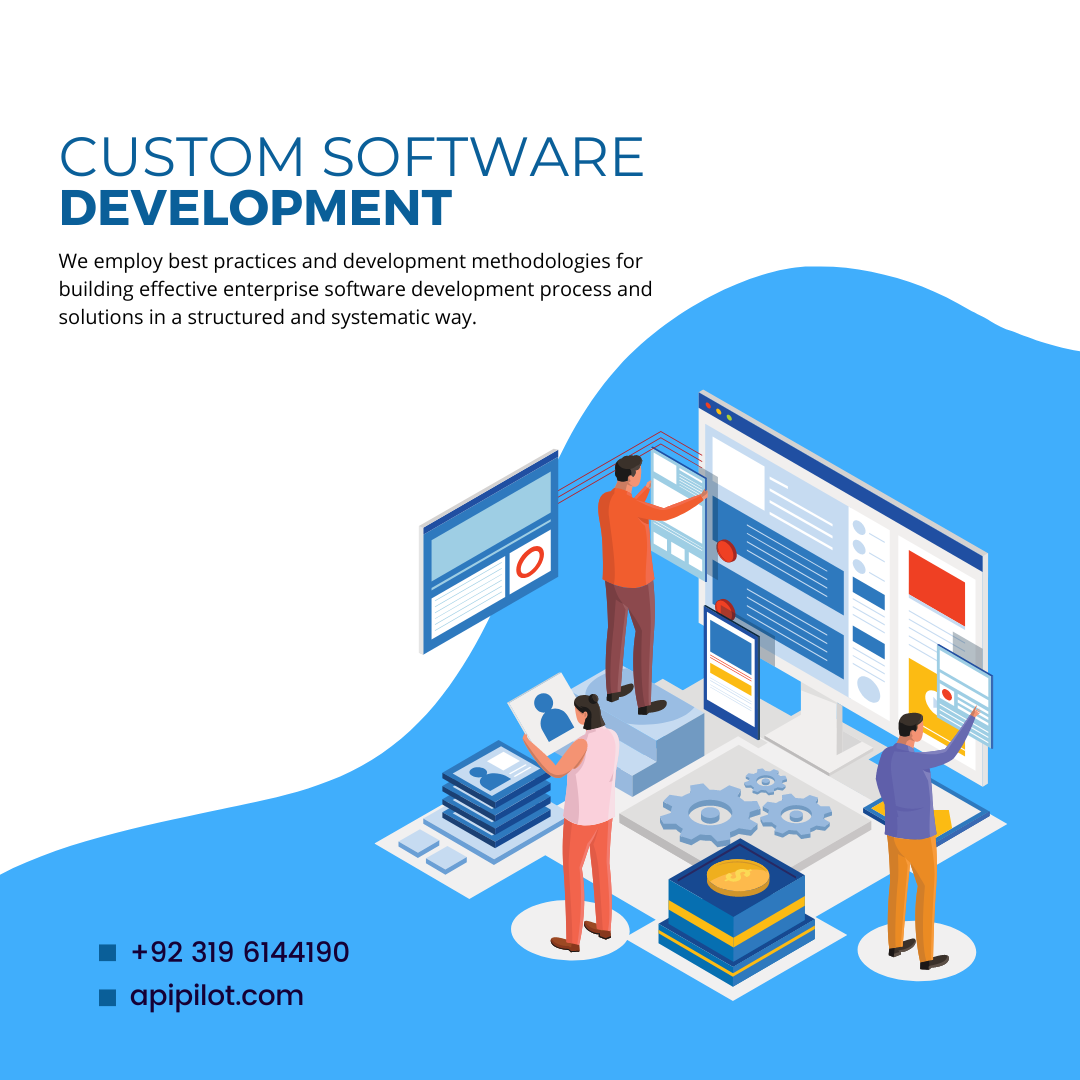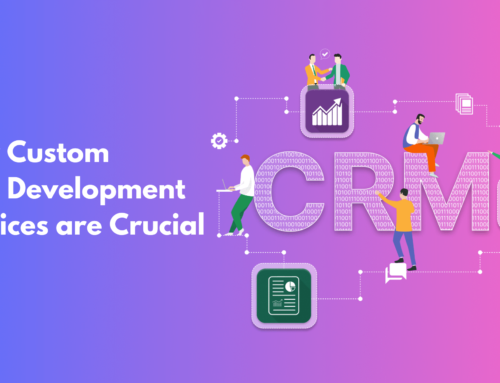In the ever-evolving digital landscape, web development projects are the cornerstone of businesses aiming to establish a robust online presence. Whether you’re a seasoned developer or just starting your journey, ensuring the success of your web development projects is paramount. To guide you on this path, here are five valuable tips and best practices for planning, designing, and executing web development projects effectively.

1. Thorough Planning is Key
Before writing a single line of code, invest time in comprehensive project planning. This step is often underestimated but is absolutely crucial for project success.
- Define Clear Objectives: Clearly outline the project’s goals and objectives. What is the purpose of the website? Who is the target audience? What functionality should it have? Having a well-defined vision will guide the entire project.
- Create a Detailed Project Scope: A well-documented project scope will outline the project’s features, requirements, and constraints. It prevents scope creep and keeps everyone on the same page.
- Set Realistic Timelines: Be realistic about the time required for each phase of the project. Factor in potential delays and allocate time for testing and revisions.
2. User-Centric Design Matters
Design is not just about aesthetics; it’s about creating an exceptional user experience.
- Responsive Design: Ensure your website is responsive, meaning it adapts seamlessly to different devices and screen sizes. Mobile-friendliness is no longer an option; it’s a necessity.
- Intuitive Navigation: Design a user-friendly navigation structure. Users should be able to find what they’re looking for quickly and easily.
- Performance Optimization: Speed matters. Optimize your website’s performance by minimizing HTTP requests, optimizing images, and leveraging browser caching.
3. Choose the Right Technologies
Selecting the right technologies and tools for your web development project is critical.
- Frameworks and Libraries: Choose frameworks and libraries that align with the project’s requirements. For instance, use Angular or React for complex web applications, and WordPress for content-focused sites.
- Version Control: Implement version control systems like Git to track changes, collaborate with team members, and easily revert to previous versions when needed.
4. Testing and Quality Assurance
A website riddled with bugs can tarnish your reputation and frustrate users. Prioritize thorough testing and quality assurance.
- Testing Across Browsers and Devices: Test your website on multiple browsers and devices to ensure compatibility.
- Security Audits: Regularly conduct security audits to identify and mitigate vulnerabilities.
- Usability Testing: Involve real users in usability testing to gather feedback and make necessary improvements.
5. Effective Communication and Collaboration
Successful web development projects require effective communication and collaboration among team members and stakeholders.
- Regular Updates: Maintain open and transparent communication with clients or stakeholders. Provide regular updates on project progress and address any concerns promptly.
- Documentation: Document your code and processes comprehensively. This aids not only in project maintenance but also in onboarding new team members.
- Collaboration Tools: Utilize collaboration tools like project management software, communication platforms, and code repositories to streamline teamwork.
In conclusion, successful web development projects are the result of careful planning, user-centric design, the right technology choices, rigorous testing, and effective collaboration. When you incorporate API Pilot’s developers into your web development team, you gain access to a wealth of expertise in Custom development and integration. By following these five tips and leveraging the expertise of API Pilot’s developers, you can increase the chances of delivering a web project that not only meets but exceeds expectations.

